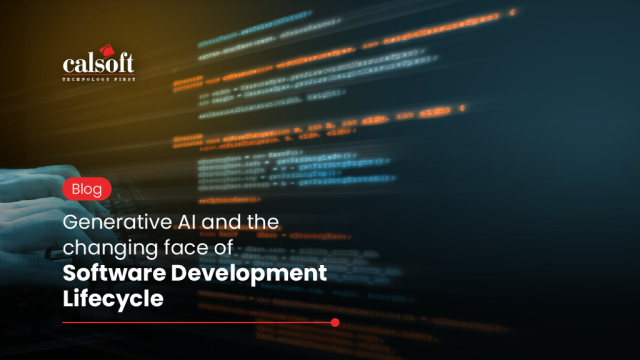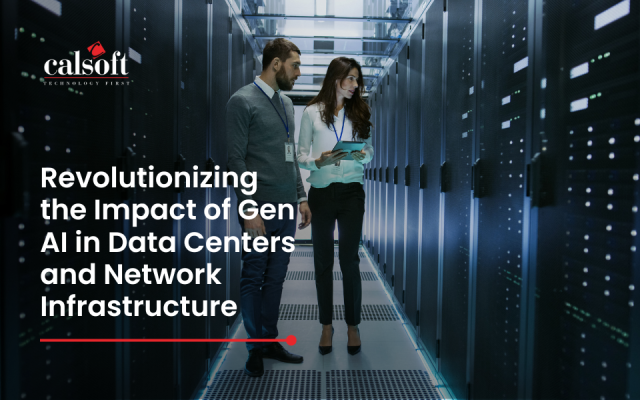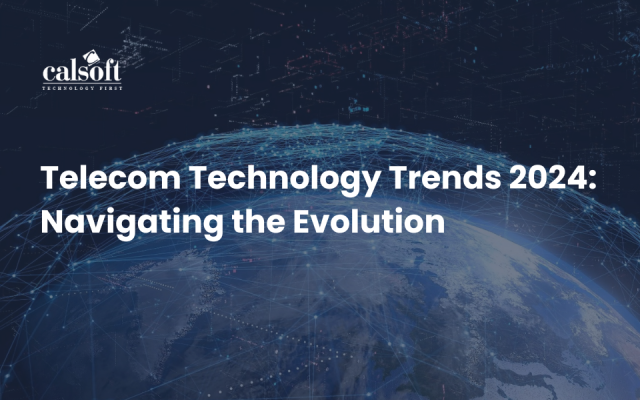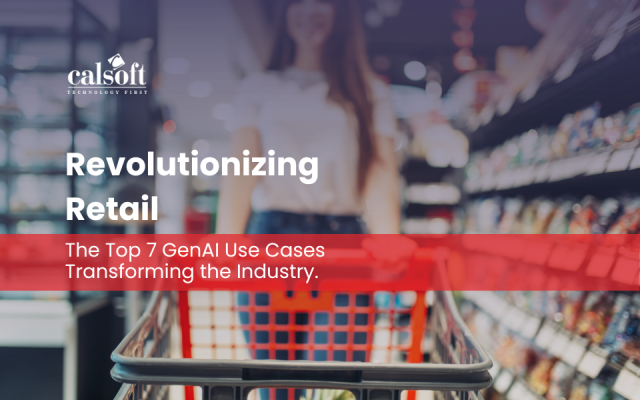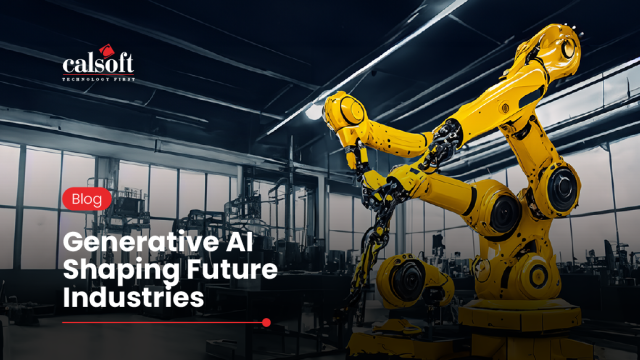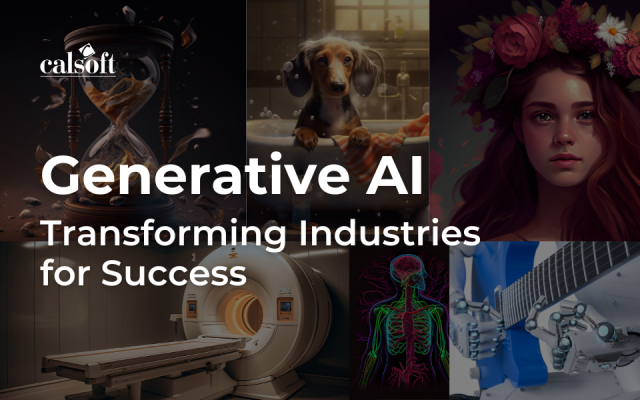In 2016, the global market for Machine Learning (ML) solutions was worth a little over USD 6.9 Billion. But if reports are true, by 2025, this figure will leapfrog to a staggering USD 96.7 Billion. Artificial Intelligence (AI) and ML have moved into mainstream consumption across every industry. Applications range from improving the services of personal assistants in our phones like Siri to enabling Disney to autonomously sort and extract key insights from over 100 years of content at its disposal to be used by artists, concept artworks, illustrations, or for new creative content development inspiration.
Even as ML is transforming all kinds of business, the world of software development isn’t likely to be left behind. Particularly in the case of the companies building enterprise tools and software products. These business Independent Software Vendors (ISV) who build enterprise software products with leading technology frameworks are trying to use AI/ML as new weapons in their arsenal to create even more competitive software products.
So, how can ISVs create differentiators with AI and ML? Let us explore the five areas where AI and ML can bring on game-changing transformations in the way ISVs build software:
Training Developers
Despite the rapid advancements made in AI, there will always be a human element in programming and the goal of every AI/ML system is to help humans work better and produce improved results. In software development, there is a need for developers to be continuously trained in newer programming languages, frameworks, and paradigms to stay market relevant. For junior developers, this effort is even more as they need to be provided with information starting with the basic foundation. ML can bring about a huge difference in the training aspect for software developers.
ISVs can rely on ML to turn their training mechanism into a more autonomous process wherein ML-driven strategies will provide lessons and test knowledge and progress. ML can understand the maturity of the developer’s learning to increase the complexity of assignments and certify them as knowledgeable on a new programming language or framework. The benefit of smart automation is that it will remove any biased opinions about training mechanisms as the entire process involves interaction between the developer and an AI-based training platform with all their interactions logged for future reference.
Faster Code Refactoring
When ISVs go in for major upgrades in their software offerings, code refactoring is often a painful exercise and can consume a lot of effort and time. But it is a vital process that cannot be ignored because clean code is at the core of the successful business logic it strives to achieve for end users. With ML, ISVs can enable easier refactoring.
ML can analyze the code, identify dependencies, and optimize the code for interoperability with the upgraded environment to ensure stable performance.
Strengthen Quality Assurance
Today, most businesses see software as a core enabler of their business rather than merely as a support system. When digital platforms become a powerful business tool, quality assurance becomes even more critical for ISVs to enable the seamless roll-out of error-free software. Automation in software testing has been around for a while and AI and ML can add a whole new dimension to the practice.
An automation testing platform with ML can learn how every component within a software behaves and create test cases and generate test data to validate whether the intended results are produced by each component. AI-led testing strategies can certify if the entire application is fit for release. Additionally, ML and deep learning can identify new bugs that may have been created while new features were added to the software and that went undetected through traditional automation testing mechanisms.
Rapid Prototyping
For ISVs racing to meet the expectations of their enterprise customers, it is often important to have a minimum viable prototype created at the earliest. But that also makes it critical for them to gain feedback and improve on it before releasing more refined future versions. Understanding user requirements and feature prioritization decisions become crucial when driving release plans and AI/ML can play a key role here.
Using ML, technology specialists can also easily translate business requirements or features into technology product prototypes through natural language-driven visualization rather than having to write a chunk of code to achieve the same product demonstration capability.
Autonomous Deployment and Monitoring
Once a software product is built and certified for deployment, ISVs can use ML to create an autonomous deployment environment. Here, all deployment parameters will be continuously monitored, and any errors or bottlenecks detected will be immediately flagged for rectification to the technical team. This will help ensure that deployment is seamless.
Once deployed, AI-based bots can constantly monitor the health of the application. For example, they could track availability on the cloud, perform traffic and security threat analysis, and conduct performance monitoring to ensure that the application is available flawlessly to end-users who rely on it.
Intelligent automation driven by AI and ML can be a boon for business ISVs in their quest for better software development outcomes. From helping build error-free and high-quality code to making the lives of developers easier across the various stages of development, ML can help enterprise software products build a differentiated perception.
Explore Calsoft’s ISV offerings for high-performing products and solutions.

